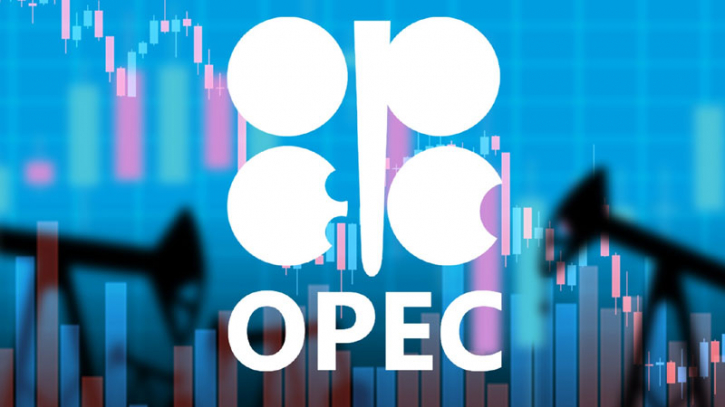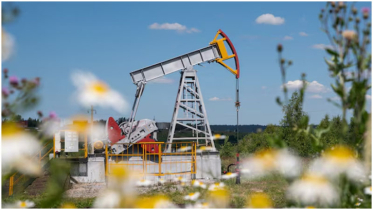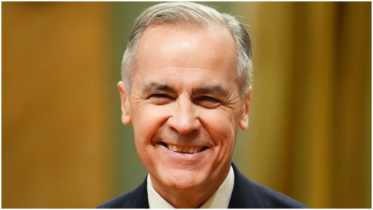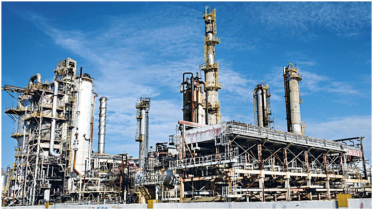Opec+ to go for further output cuts to rein in weak prices

Opec, the group of world's top oil producers and its allies begin two days of meetings on Saturday which may culminate in further production cuts of as much as 1 million barrels per day (bpd), as the organisation faces flagging oil prices and a looming supply glut.
Opec+, which groups the Organization of the Petroleum Exporting Countries and allies led by Russia, pumps around 40% of the world's crude, meaning its policy decisions can have a major impact on oil prices.
According to Reuters, three Opec+ sources told cuts were being discussed among options for Sunday's session, when Opec+ ministers gather at 2 pm in Vienna. Before then, Opec ministers were scheduled to meet at 11 a.m. on Saturday.
The sources said cuts could amount to 1 million bpd on top of existing cuts of 2 million bpd and voluntary cuts of 1.6 million bpd, announced in a surprise move in April and which took effect in May.
If approved, this would take the total volume of reductions to 4.66 million bpd, or around 4.5% of global demand.
"This number is premature, we didn't go into these things (yet)," Iraq's oil minister Hayan Abdel-Ghani told reporters on Saturday when asked about a possible cut of 1 million bpd.
Typically, production cuts take effect the following month after they are agreed, but ministers could also agree a later implementation.
Western nations have accused Opec of manipulating oil prices and undermining the global economy through high energy costs. The West has also accused Opec of siding too much with Russia despite Western sanctions over Moscow's invasion of Ukraine.
In response, Opec officials have said the West's money-printing over the last decade has driven inflation and forced oil-producing nations to act to maintain the value of their main export.
Asian countries such as China and India have bought the lion's share of Russian oil exports and refused to join Western sanctions on Russia.
"We look forward to a resolution that will secure sustainability of balance of supply and demand" said UAE's Energy Minister Suhail Al Mazroui.
Ministers spoke to reporters in their hotels in Vienna. Opec has denied media access to its headquarters to reporters from Reuters and other news media.
The surprise output announcement in April helped to drive oil prices about $9 per barrel higher to above $87, but they swiftly retreated, under pressure from concerns about global economic growth and demand. On Friday, international benchmark Brent settled at $76.
Last week, Saudi Arabia's Energy Minister Prince Abdulaziz said investors who were shorting the oil price, or betting on a price fall, should "watch out", which many market watchers interpreted as a warning of additional supply cuts.
Russian Deputy Prime Minister Alexander Novak, however, subsequently said he did not expect any new steps from Opec+ in Vienna, Russian media reported. Novak, who is on a US sanctions list, is expected in Vienna for Sunday meetings.
The International Energy Agency (IEA) expects global oil demand to rise further in the second half of 2023, potentially boosting oil prices.
Analysts at JPMorgan, however, said OPEC had not acted quickly enough to adjust supply to record high levels of US output and higher than expected Russian exports.
"There is simply too much supply," the JPMorgan analysts said in a note, noting extra cuts could amount to around 1 million bpd.
Edward Moya at brokerage OANDA said: "The oil market is doubtful a consensus for another output cut can be reached between the Saudis and Russians, but traders should never underestimate what the Saudis will do and leverage during Opec+ meetings."
.png)




